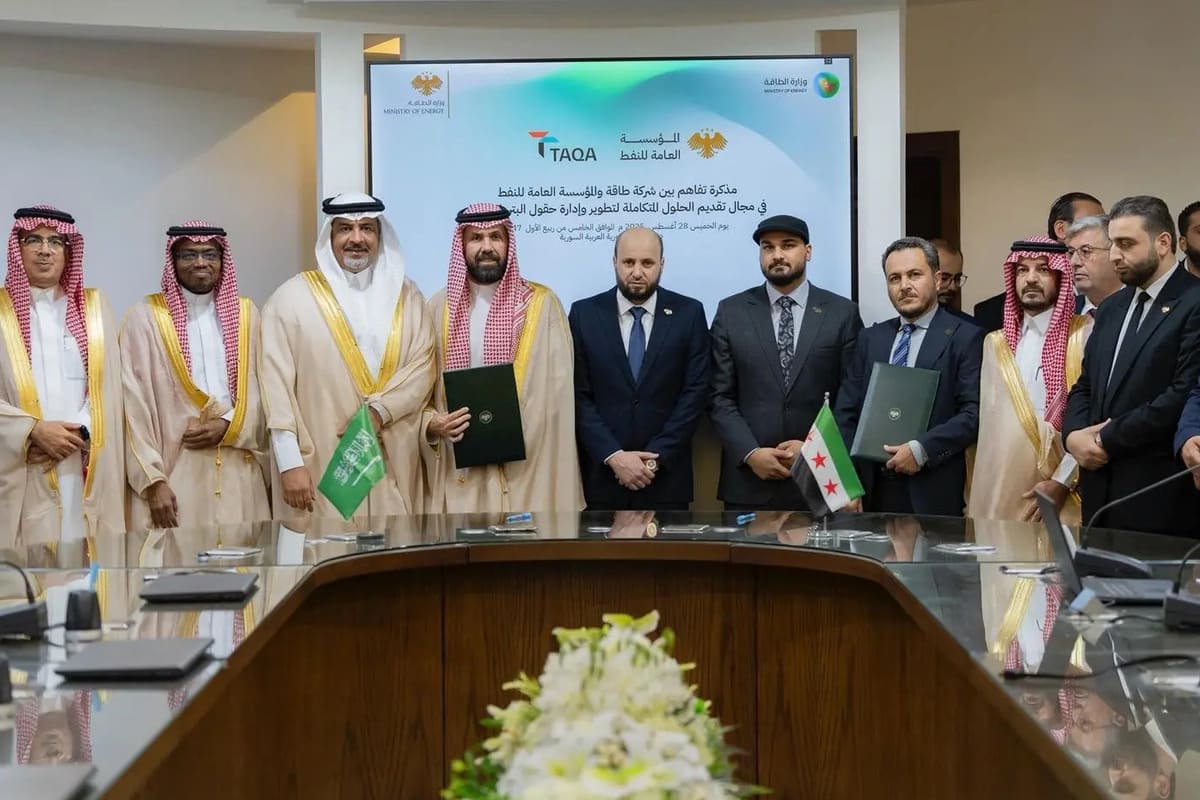Saudi Arabia to Supply Syria with 1.65 Million Barrels of Crude Oil
Saudi Arabia has agreed to supply Syria with 1.65 million barrels of crude oil, marking a significant development in regional energy and diplomatic relations.

Saudi Arabia has reached an agreement to supply Syria with 1.65 million barrels of crude oil, a move that underscores shifting alliances and economic strategies in the Middle East. The deal, announced on September 20, 2025, comes amid a period of heightened regional diplomacy and follows a series of recent defense and energy pacts involving Saudi Arabia and its neighbors.
Regional Energy Diplomacy
The oil supply agreement is part of Saudi Arabia's broader efforts to strengthen its economic and political influence across the region. According to reporting from Energy News, Saudi Arabia has been actively expanding its energy partnerships, not only with traditional allies but also with countries like Syria that have been isolated in recent years. The deal is expected to provide much-needed energy resources to Syria, whose infrastructure and economy have been severely impacted by years of conflict and international sanctions.
This development follows Saudi Arabia's recent moves to deepen cooperation with other regional powers, including a mutual defense pact with Pakistan and expanded energy ties with India. Analysts suggest that these agreements are designed to bolster Saudi Arabia's strategic position and diversify its partnerships amid ongoing geopolitical tensions.
Implications for Syria and the Region
For Syria, the influx of Saudi crude oil represents a critical lifeline. The country has faced chronic fuel shortages and power outages, exacerbated by damage to its oil facilities and restrictions on imports. The new supply is expected to alleviate some of these pressures, supporting essential services and economic recovery efforts.
The agreement also signals a potential thaw in relations between Riyadh and Damascus, which have been strained since the onset of the Syrian civil war. While Saudi Arabia was once a vocal opponent of the Assad government, recent diplomatic overtures suggest a pragmatic shift as both countries seek to address mutual economic and security concerns.
Broader Geopolitical Context
The timing of the oil deal is notable, coming on the heels of Saudi Arabia's defense agreement with Pakistan and amid ongoing discussions about regional security and nuclear proliferation. According to analysis from The Washington Institute, these moves reflect Saudi Arabia's desire to assert greater autonomy in its foreign policy and reduce reliance on traditional Western partners.
Observers note that the oil supply agreement could have ripple effects across the Middle East, potentially influencing the dynamics of ongoing conflicts and the balance of power among regional actors. As Saudi Arabia continues to pursue a more assertive and diversified foreign policy, its energy diplomacy is likely to remain a key tool in shaping the region's future.